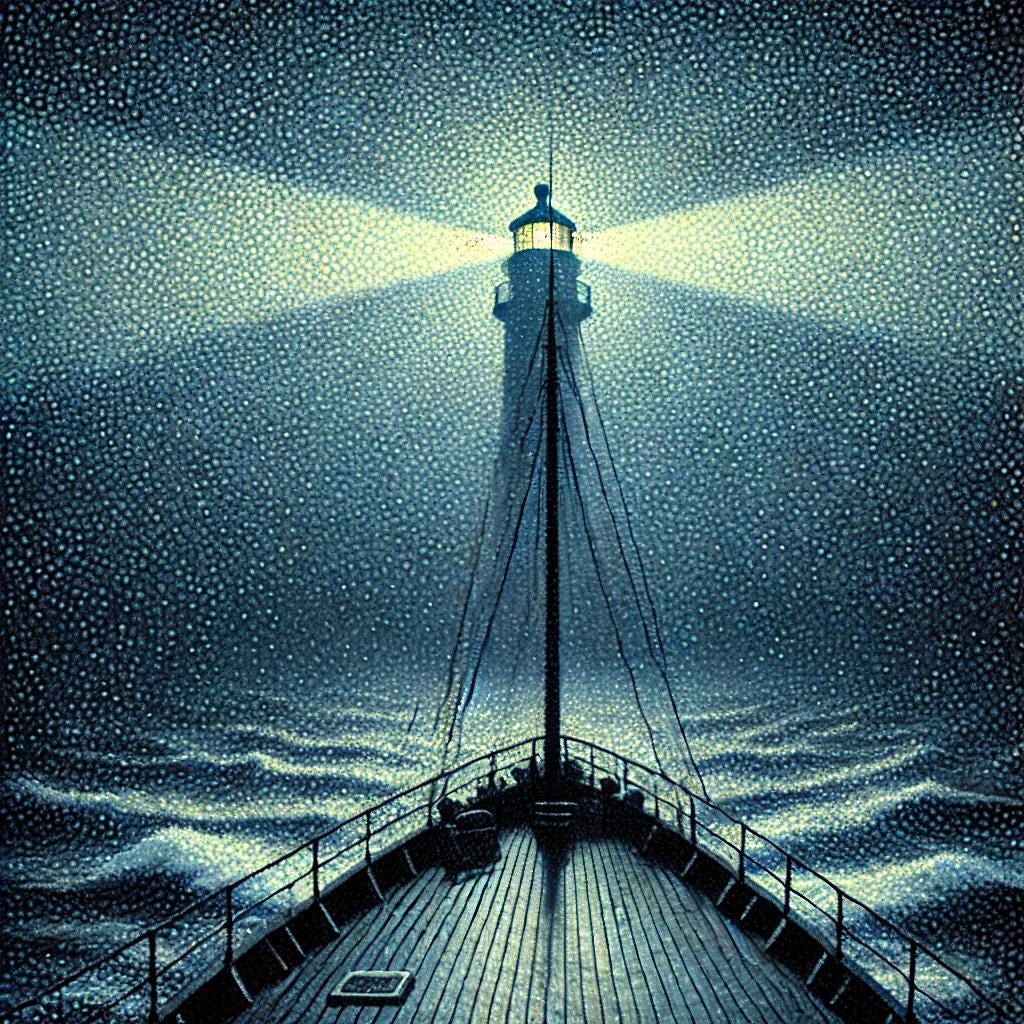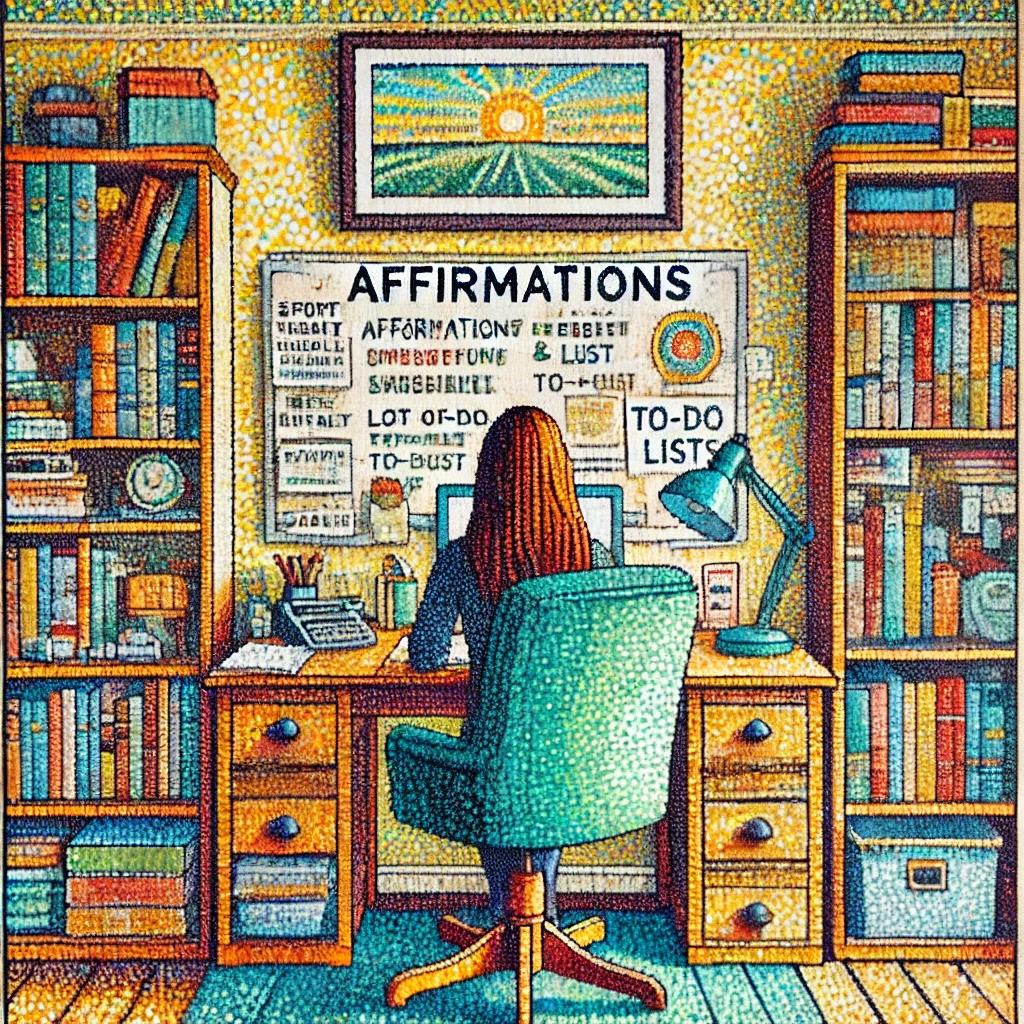Hope is a word of ‘unknown origins.’ We have an old english version of it, Hopian, which was used in a theological sense: “to trust in God’s word, to hope for salvation or mercy,” and the more general sense of “to trust, to have confidence (that something is or will be so)”, but we don’t know where the word began. Despite this lack of etymological grounding, hope feels like a good word to reflect on, because its existence embodies its definition: hope is itself a hopeful word.
As Agnes Callard says in her discussion of ambition versus aspiration, one of the best ways to understand a concept is by studying its synonyms and figuring out how the word or concept you are thinking about is different. When I think about hope, the first two adjacent words that come to mind are ‘faith’ and ‘optimism.’ Both share a forward facing view with hope, and are attached (with different levels of security) to a positive outcome. All of these words are the connective tissue between the I in the current moment, and an improved I (or improved conditions for the I) in the future.
But there are also subtle distinctions between the feeling and usage of the words. Faith has strong theological connotations and consequently has a kind of immovability to it. Regardless of whether you believe in God or not, faith feels like a set expectation, often against all sorts of contrary or challenging information. It draws its power from something greater than us–its logic is embedded in an assumption of reason, a teleology we don’t have access to, but which we are certain exists. We are urged to “have faith,” which is ironically both a passive and an active act. We have to actively believe and hold on to something that is not self evident while also submitting ourselves to a reasoning behind it that we cannot know.
Optimism, on the other hand, has a lightness and buoyancy to it that faith doesn’t. Optimism goes back to the Latin Optimus, which simply means ‘the best.’ We tend to use it more as a reflection of a person’s general outlook in life, or the lens through which they view things. To be optimistic is to be committed to positivity.
It’s not a blindness towards other less positive outcomes per se, but it is a kind of willful shunting of them–pushing those possibilities out of view. People tend to be optimistic consistently rather than in isolation; as mentioned above, it is a kind of disposition that is often self-reinforcing.
So where does this leave us with hope? Hope, for me, has human dimensions. It carries its possibility of failure within itself and is therefore more self aware and more humble. Unlike faith and optimism, which are fixed, which draw their power from their myopic outcomes, hope admits it might fail and yet it allows for the vulnerability of yearning anyways. We all hope for so many things, big and small: we hope that the rains will come, that our manuscript will be published, that the leak in the roof won’t be expensive to fix, that interest rates will come down. We hope that our decisions are good ones, that the fever will pass quickly, that the first date will go well. We hope because we know that we operate out of an impossible position in which we are neither helpless nor omnipotent. Hope is what fills in the gap between the two, the word that rushes in to fill our daily toiling in what it means to be human.






